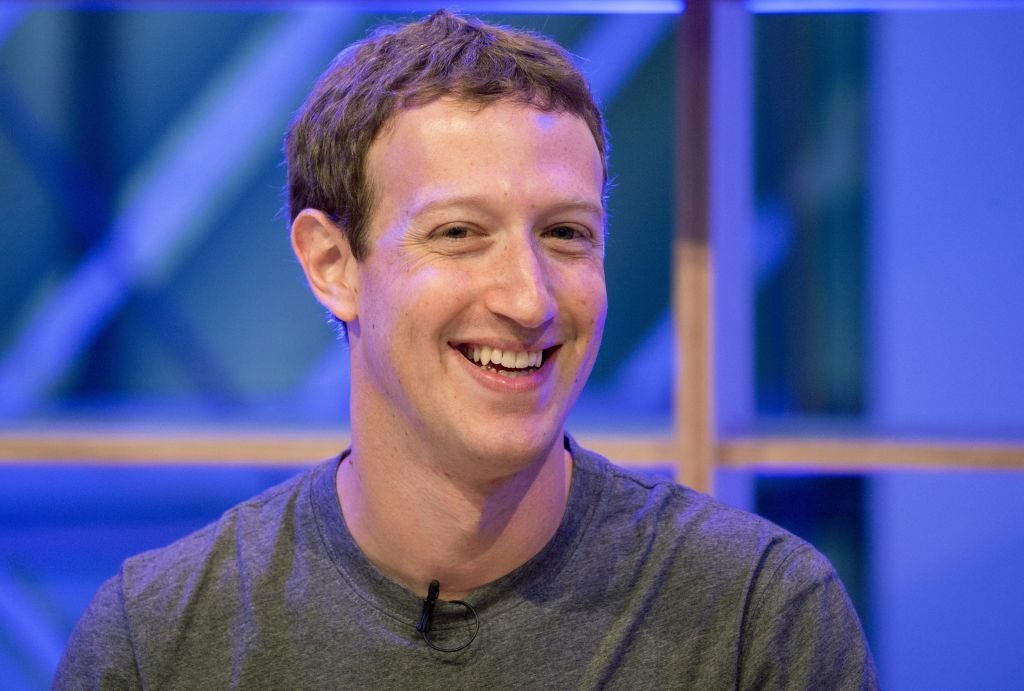
Meta has announced it will be bringing its two AI research teams “closer together” to support the company’s long-term goals of creating general AI that can be used by everyone.
CEO Mark Zuckerberg said it has become clear that the next generation of services requires the building of full general AI, including the best AI assistants, AI for businesses and AI for creators.

Access deeper industry intelligence
Experience unmatched clarity with a single platform that combines unique data, AI, and human expertise.
Zuckerberg, talking in a video posted on Threads, said the company has been building “an absolutely massive” amount of infrastructure to support the technology.
The social media giant has plans to acquire around 350,000 H100 graphic processing units (GPUs) from chip giant Nvidia by the end of the year, Zuckerberg said.
Along with other chips from different suppliers, the company aims to have the equivalent of 600,000 H100 GPUs by the end of 2024. This would make the company’s AI system among the largest in the world.
The company will be bringing together its two major AI research groups, the fundamental AI research team and the GenAI research team. Zuckerberg said the combination of both teams will accelerate its work in advancing the technology.

US Tariffs are shifting - will you react or anticipate?
Don’t let policy changes catch you off guard. Stay proactive with real-time data and expert analysis.
By GlobalDataBeatriz Valle, senior analyst at research company GlobalData, told Verdict that the announcement is being used to better position the company against OpenAI and Microsoft.
“This is a classic ‘AI race’ move,” Valle told Verdict. “It is also part of the Meta PR machine and it coincides with the announcement that Meta has merged its AI research units in the same way Google did last year with its AI research labs, Google Brain and DeepMind.”
Meta is also using general AI to reassert itself against ChatGPT-maker OpenAI, which is also looking to achieve that goal, Valle notes.
“This year will see the release of several frontier models like GPT 5 and Meta clearly doesn’t want to be left behind, so again it is all about the competitive dynamics at work in the market right now,” Valle added.
Despite the public shift away from the metaverse to a clearer public focus on AI, Zuckerberg continues to see the metaverse in the future.
“The two major parts of our vision – AI and the metaverse – are connected,” Zuckerberg wrote on Threads.
“By the end of the decade, I think lots of people will talk to AIs frequently throughout the day using smart glasses like what we’re building with Ray Ban Meta,” he added.
Zuckerberg said he sees glasses as the ideal form factor for “letting an AI see what you see and hear what you hear, so it’s always there to help out”.
Research company GlobalData forecasts that the overall AI market will be worth $909bn by 2030, having grown at a compound annual growth rate (CAGR) of 35% between 2022 and 2030.
In the GenAI space, revenues are expected to grow from $1.8bn in 2022 to $33bn in 2027 at a CAGR of 80%.







